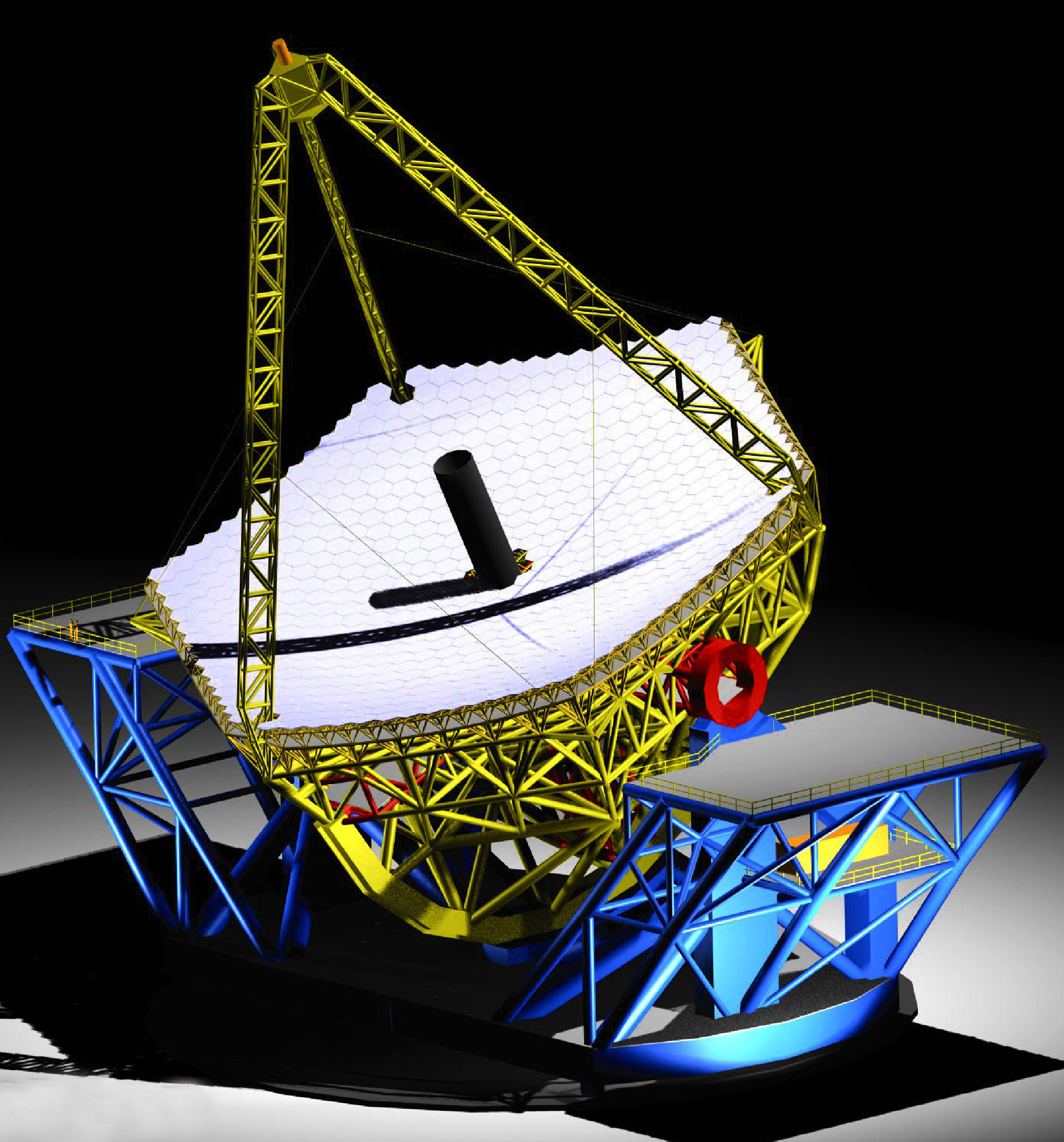
Modeling and Validation of Complex Systems
Researchers: Anders Rantzer, Kin Cheong Sou and Aivar Sootla
Funding: Swedish Control Council and Toyota Motor Corporation
Large complex mathematical models are regularly used for simulation and prediction. However, in control design it is a common practice to work with as simple process models as possible. This makes it easier to analyze and evaluate the model, or to use it as a component for efficient system-wise evaluation. On the other hand, models are typically dependent on some adjustable parameters, which allow system design. Therefore, the capability of simplifying parameter dependent models is important from an efficient design point of view. One objective of this project is to develop methods for parameterized model reduction, where a single parameter dependent reduced model is an accurate simplification of the original complex model for all the parameter values of interest. In this project, a semidefinite programming based parameterized model reduction method is being developed.
Another aspect of this project is to develop model reduction tools that take into account the properties and restrictions of large scale distributed networked systems. Model reduction schemes guaranteeing overall system stability is being developed. In addition, structure preserving model reduction and network topology simplification methods are also being investigated.
As an academic case study of the developed reduction tools a model of deformable telescope mirror is considered. The initial full order model is obtained using finite-element modeling approach, which yields a high order system. The telescope model was developed within the Euro50 modeling project (see, http://www.astro.lu.se/~torben/euro50/)

Publications
Aivar Sootla: "Nu-gap Model Reduction in the Frequency Domain". In 2011 American Control Conference, San Francisco, California, USA, June 2011.
Aivar Sootla: "Hankel-type Model Reduction Based on Frequency Response Matching". In 49th IEEE Conference on Decision and Control, Atlanta, Georgia, USA, December 2010.
Aivar Sootla: "Properties of a Parameterized Model Reduction Method". In Proc. 19th International Symposium on Mathematical Theory of Networks and Systems, Budapest, Hungary, July 2010.
Kin Cheong Sou, Anders Rantzer: "On the Minimum Rank of a Generalized Matrix Approximation Problem in the Maximum Singular Value Norm". In Proc. 19th International Symposium on Mathematical Theory of Networks and Systems, Budapest, Hungary, July 2010.
Aivar Sootla, Kin Cheong Sou: "Frequency Domain Model Reduction Method for Parameter-Dependent Systems". In 2010 American Control Conference, Baltimore, Maryland, USA, June 2010.
Aivar Sootla, Anders Rantzer: "Parameter Dependent Model Reduction Framework with Applications". In Proc. Reglermöte, Lund, Sweden, June 2010.
Aivar Sootla: "Hankel-type Model Reduction Based on Frequency Response Matching". In Proc. Reglermöte, Lund, Sweden, June 2010.
Kin Cheong Sou, Anders Rantzer: "A Singular Value Decomposition Based Closed Loop Stability Preserving Controller Reduction Method". In 2010 American Control Conference, Baltimore, Maryland, USA, June 2010.
Aivar Sootla: "Model Reduction Using Semidefinite Programming". Licentiate Thesis ISRN LUTFD2/TFRT--3247--SE, Department of Automatic Control, Lund University, Sweden, November 2009.
Aivar Sootla, Anders Rantzer, Georgios Kotsalis: "Multivariable Optimization-Based Model Reduction". IEEE Transactions On Automatic Control, 54:10, pp. 2477–2480, October 2009.
Aivar Sootla, Anders Rantzer: "Extensions to an Optimization-Based Multivariable Reduction Method ". In Proceedings of the European Control Conference, August 2009.
Oskar Nilsson, Anders Rantzer: "A novel approach to balanced truncation of nonlinear systems". In 2009 European Control Conference, Budapest, Hungary, August 2009.
Oskar Nilsson, Anders Rantzer: "A novel nonlinear model reduction method applied to automotive controller software". In American Control Conference 2009, , June 2009.
Oskar Nilsson: On Modeling and Nonlinear Model Reduction in Automotive Systems. PhD Thesis ISRN LUTFD2/TFRT--1085--SE, Department of Automatic Control, Lund University, Sweden, March 2009.
Georgios Kotsalis, Anders Rantzer: "Balanced Truncation for a General Class of Discrete-Time Markov Jump Linear Systems". In American Control Conference 2008, Seattle, June 2008.
Oskar Nilsson: "Modeling and Model Reduction in Automotive Systems". Licentiate Thesis ISRN LUTFD2/TFRT--3242--SE, Department of Automatic Control, Lund University, Sweden, December 2006.
Oskar Nilsson, Anders Rantzer, Jonathan Chauvin: "A Model Reduction Case Study: Automotive Engine Air Path". In Proceedings of the IEEE International Conference on Control Applications, Munich, Germany, October 2006.
Henrik Sandberg: "A Case Study in Model Reduction of Linear Time-Varying Systems". Automatica, 42:3, pp. 467–472, March 2006.
Stephen Prajna, Henrik Sandberg: "On Model Reduction of Polynomial Dynamical Systems". In Proceedings of the 44th IEEE Conference on Decision and Control and European Control Conference ECC 2005, Seville, Spain, December 2005.
Henrik Sandberg: Model Reduction for Linear Time-Varying Systems. PhD Thesis ISRN LUTFD2/TFRT--1071--SE, Department of Automatic Control, Lund University, Sweden, December 2004.
Henrik Sandberg, Anders Rantzer: "Balanced truncation of linear time-varying systems". IEEE Transactions on Automatic Control, 49:2, pp. 217–229, February 2004.
Lennart Andersson: On Simplification of Models with Uncertainty. PhD Thesis ISRN LUTFD2/TFRT--1054--SE, Department of Automatic Control, Lund University, Sweden, September 1999.
Lennart Andersson, Anders Rantzer, Carolyn Beck: "Model Comparison and Simplification". International Journal of Robust and Nonlinear Control, 9:3, pp. 157–181, March 1999.
Lennart Andersson, Anders Rantzer: "Frequency-Dependent Error Bounds for Uncertain Linear Models". IEEE Transactions on Automatic Control, 44:11, pp. 2094–2098, January 1999.
Martin Öhman, Anders Rantzer: "Trajectory-based Model Reduction of Nonlinear Systems". In Preprints 14th World Congress of IFAC, Beijing, P.R. China, January 1999.
